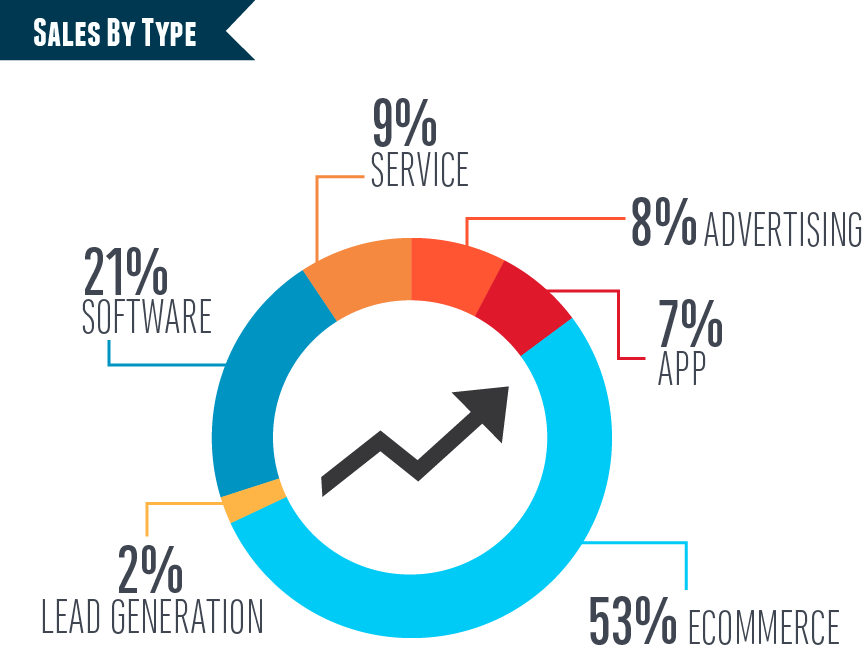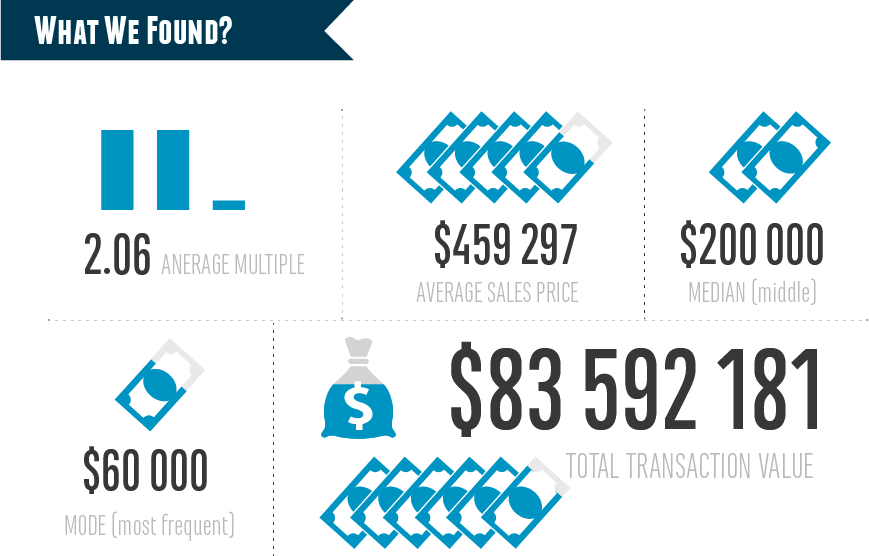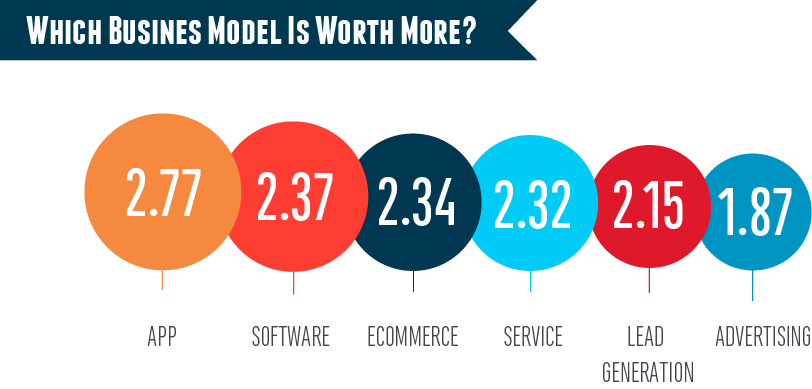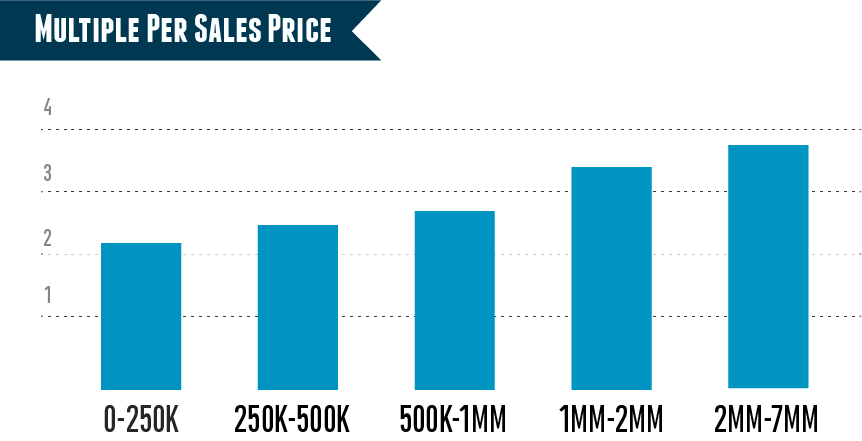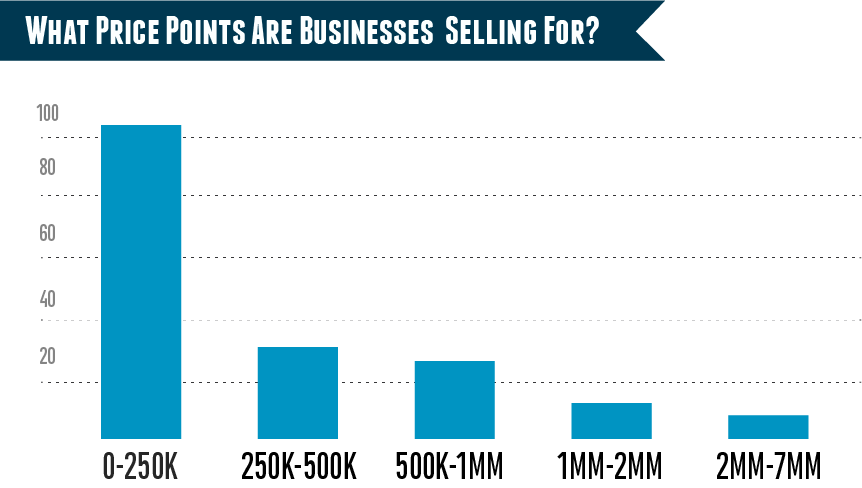There is a specific process for selling your Amazon FBA business. Here it is:
What is Your Amazon FBA Business Worth?
In order to discover what your Amazon FBA business is worth you have to do at least two things: first, gather all financial information from the past years. Focus on the last three to five years, if possible. Then, compile it into a thorough and complete report. Your potential buyers will probably ask for finance data that justifies the investment they are planning to do.
As Amazon FBA businesses are a particularly popular business in the United States, as they are all over the world, competition can be a problem as well. Potential buyers are aware of that, for sure, so you must include in the same report how competition may be harming your business.
What are the sales?
How much is the profit?
What are the growth trends?
What is driving new sales and is that sustainable?
What channels do new customers come from and what is the breakdown of each channel?
What is your market position?
Is your location favorable?
How reliant is the business on the owner?
What systems and processes are in place to run the business?
What makes an Amazon FBA worth more?
There are some aspects that may improve your Amazon business valuation and make it worth even more. So it’s essential you don’t set your asking price before knowing exactly which characteristics from your business can be considered valuable.
Don’t get lost, check out these metrics:
-
- Predictable key drivers of new sales
-
- Stable or growing traffic from diversified sources
-
- Established suppliers of inventory with backup suppliers in place
-
- Traffic stats
-
- High percentage of repeat visitors and repeat sales
-
- Clean legal history
-
- Brand with trademark, copyright or legal concerns
- Documented systems and processes
- Growth potential





